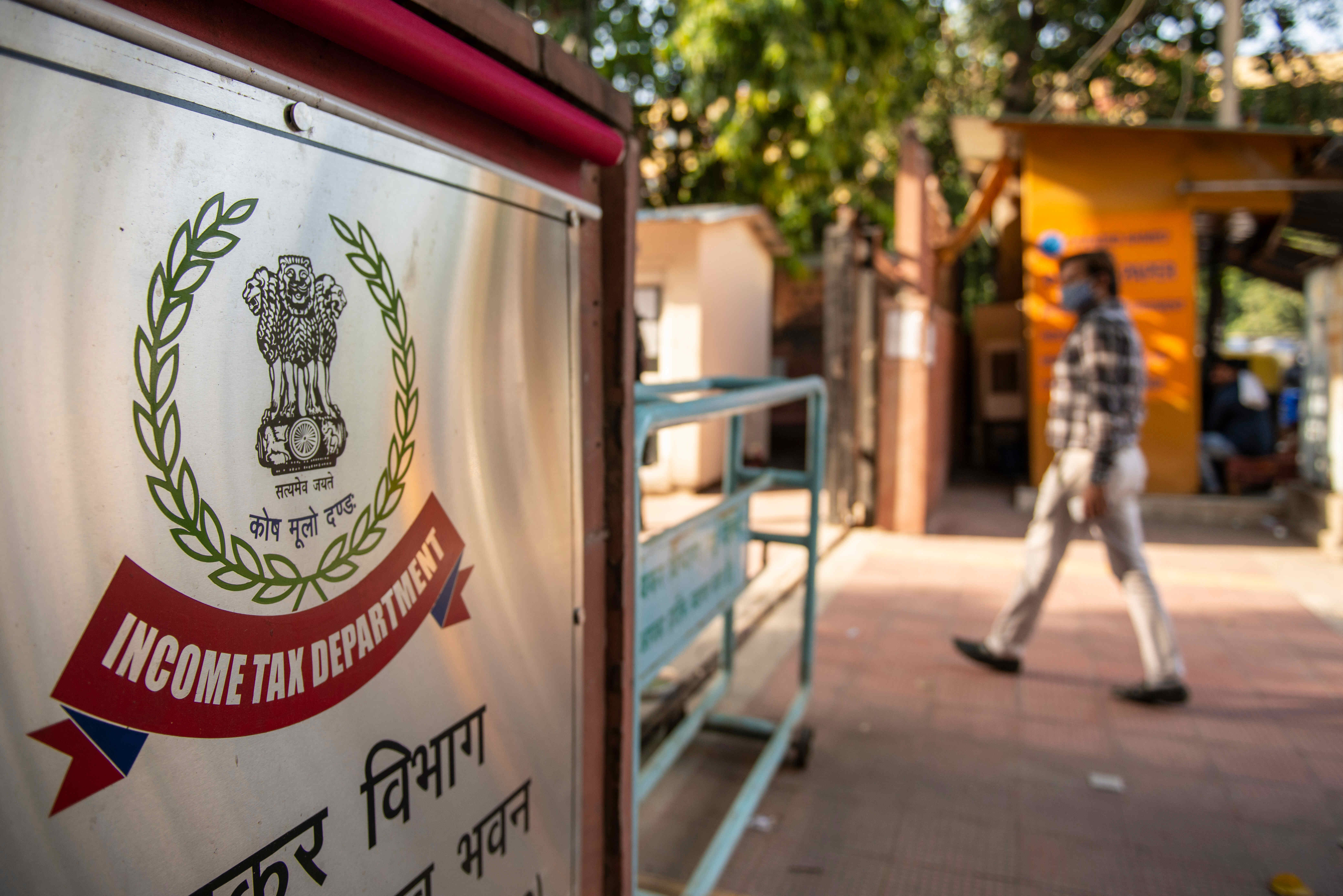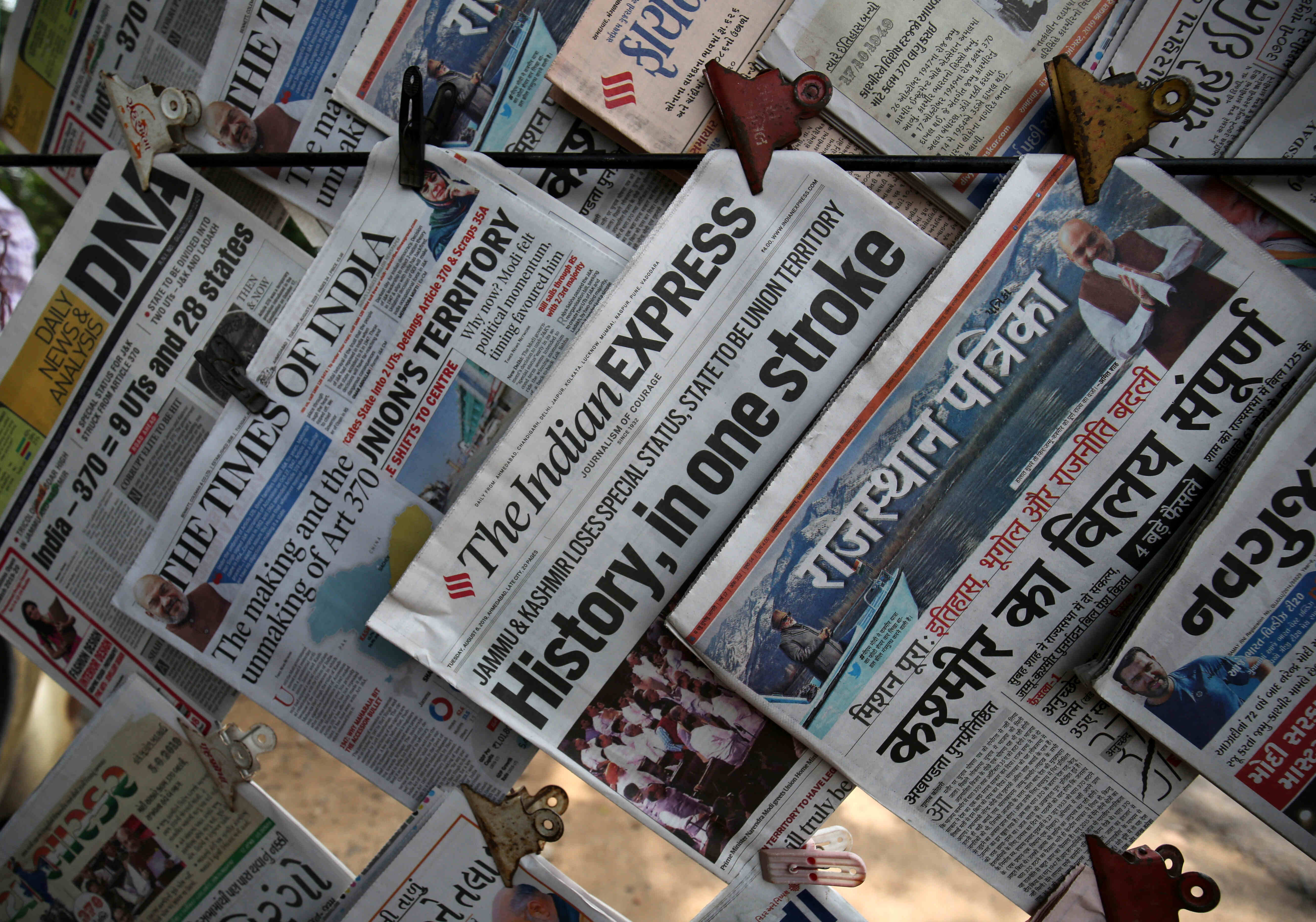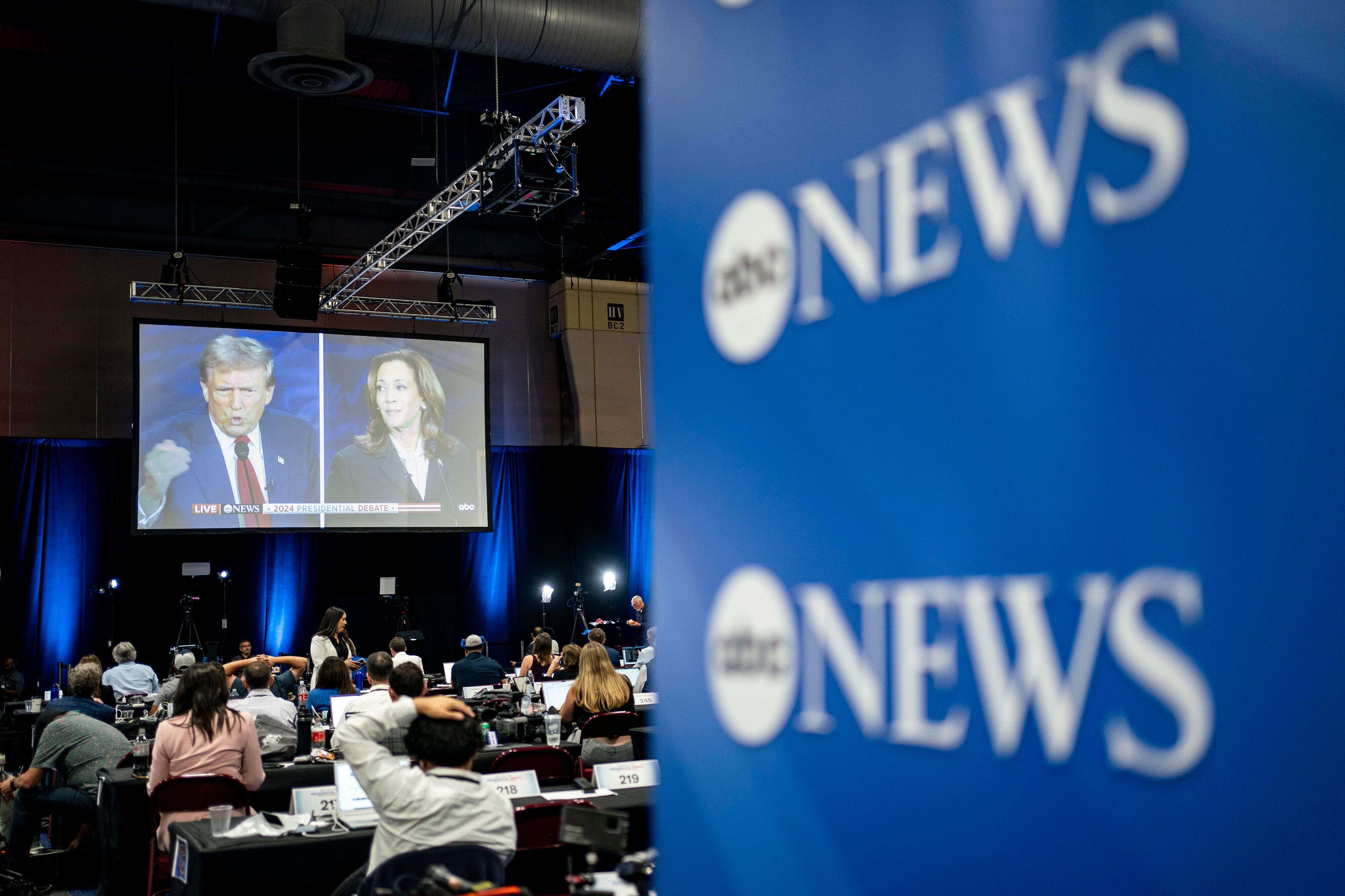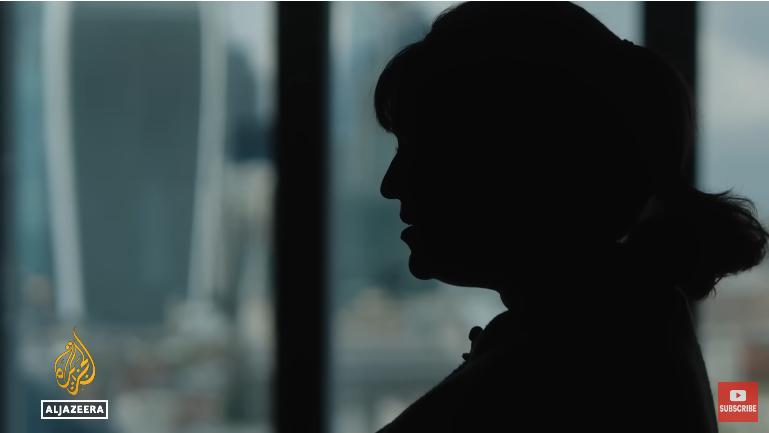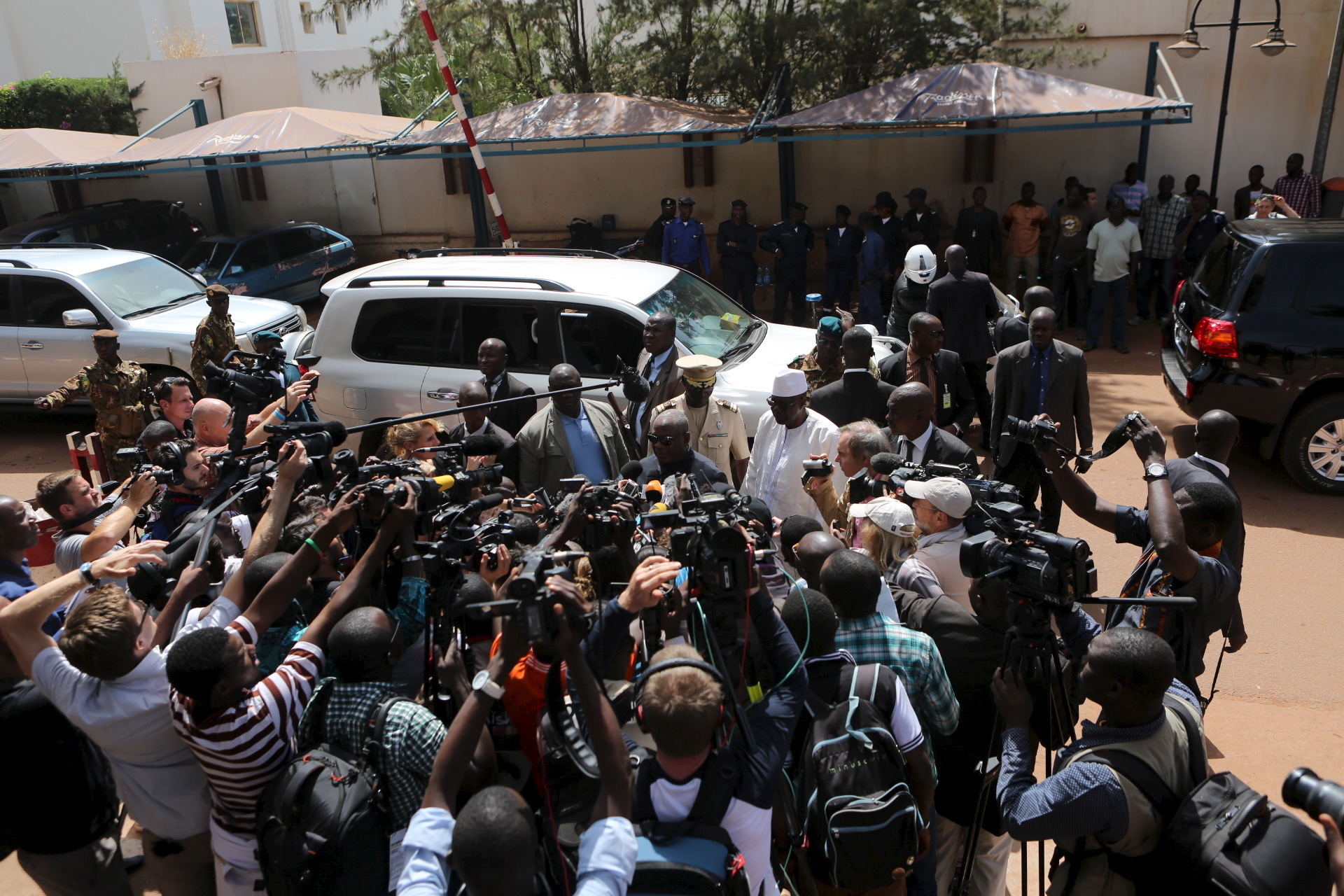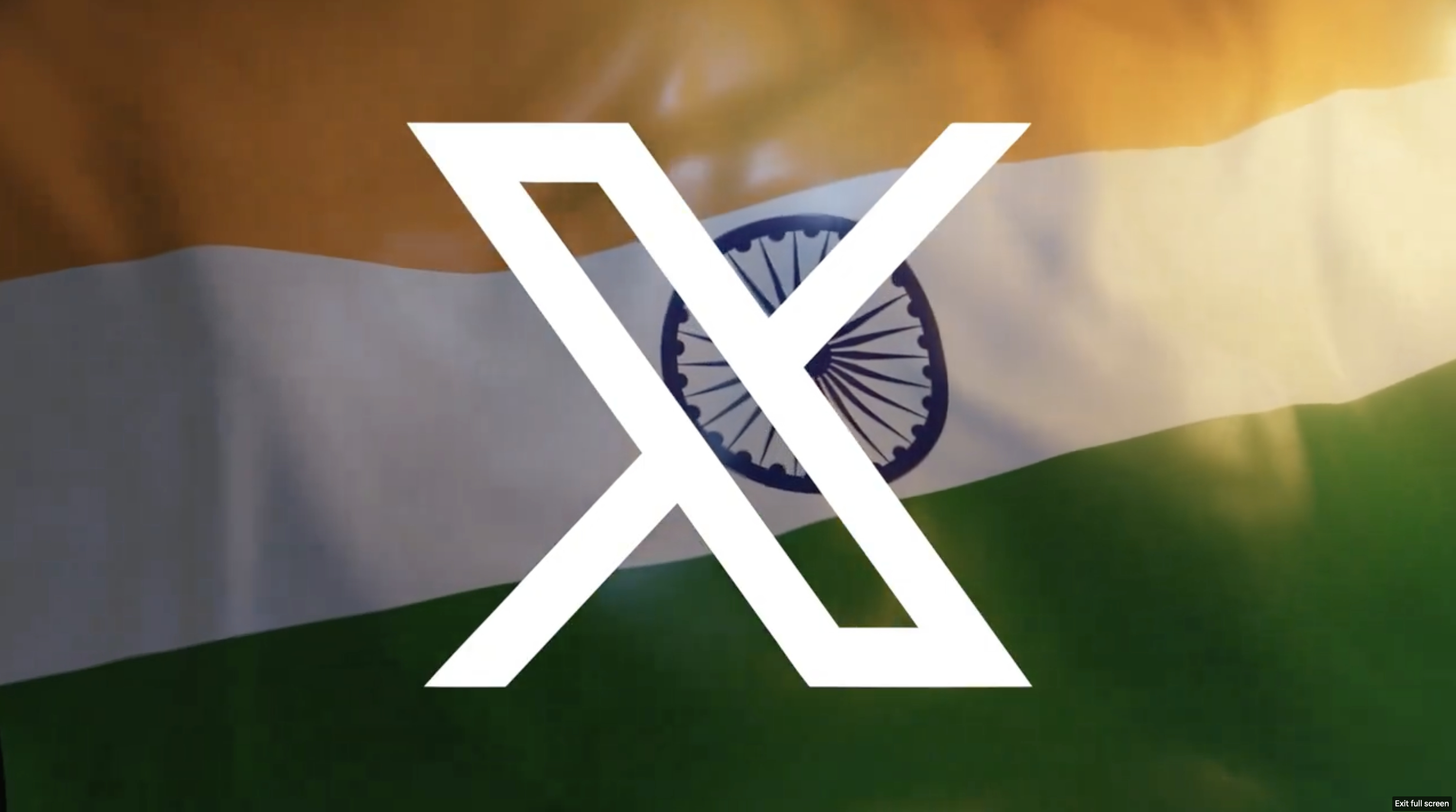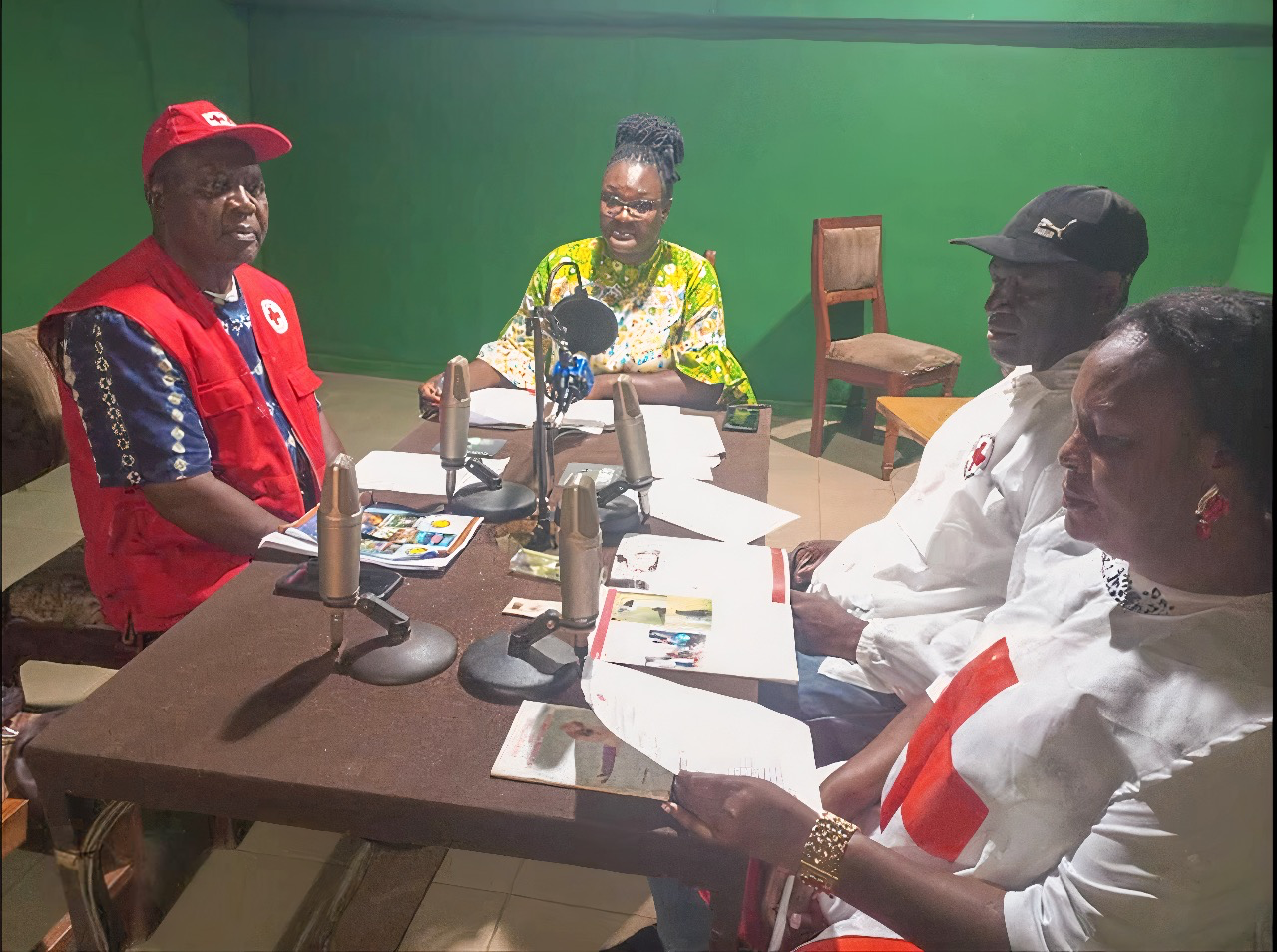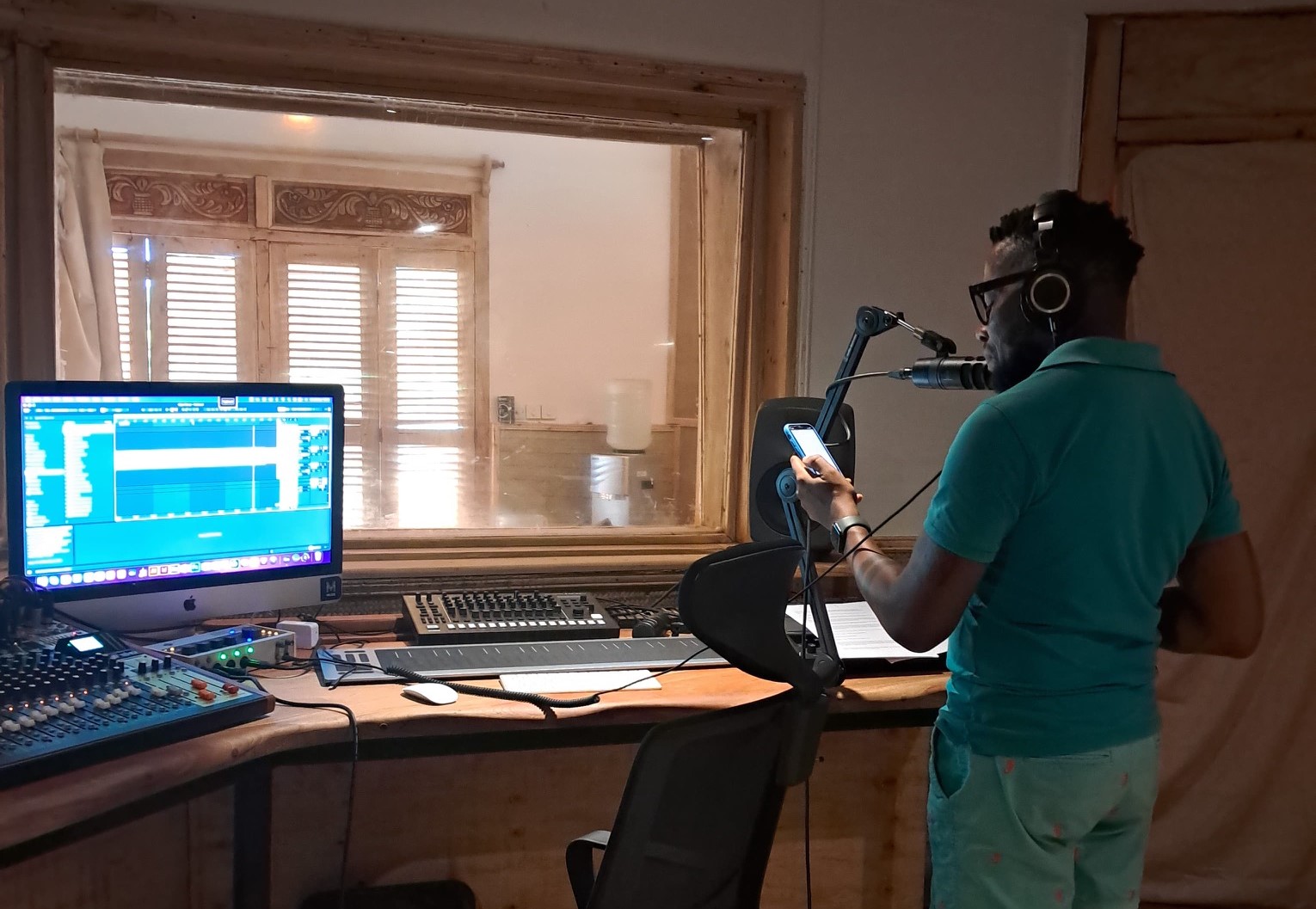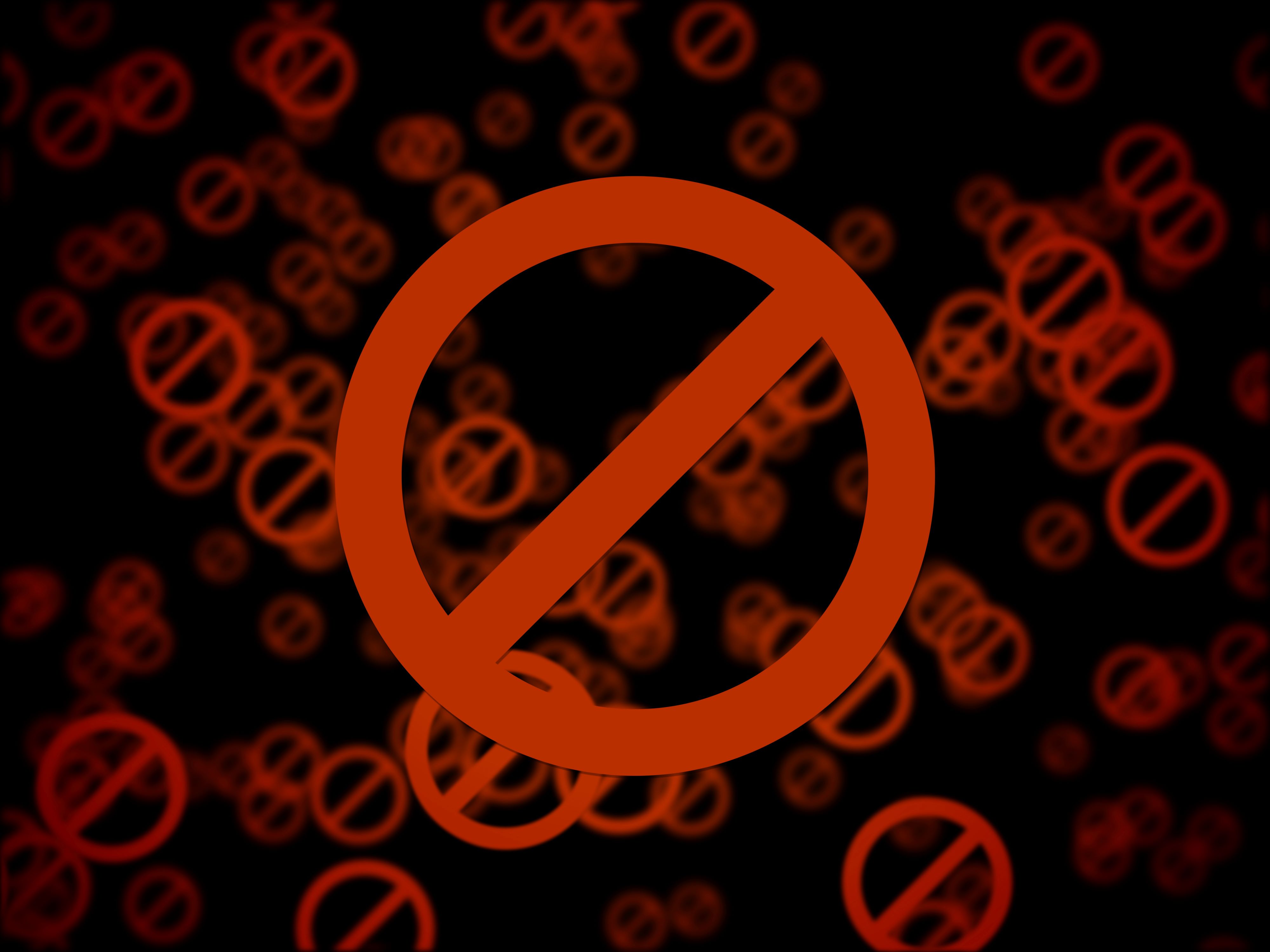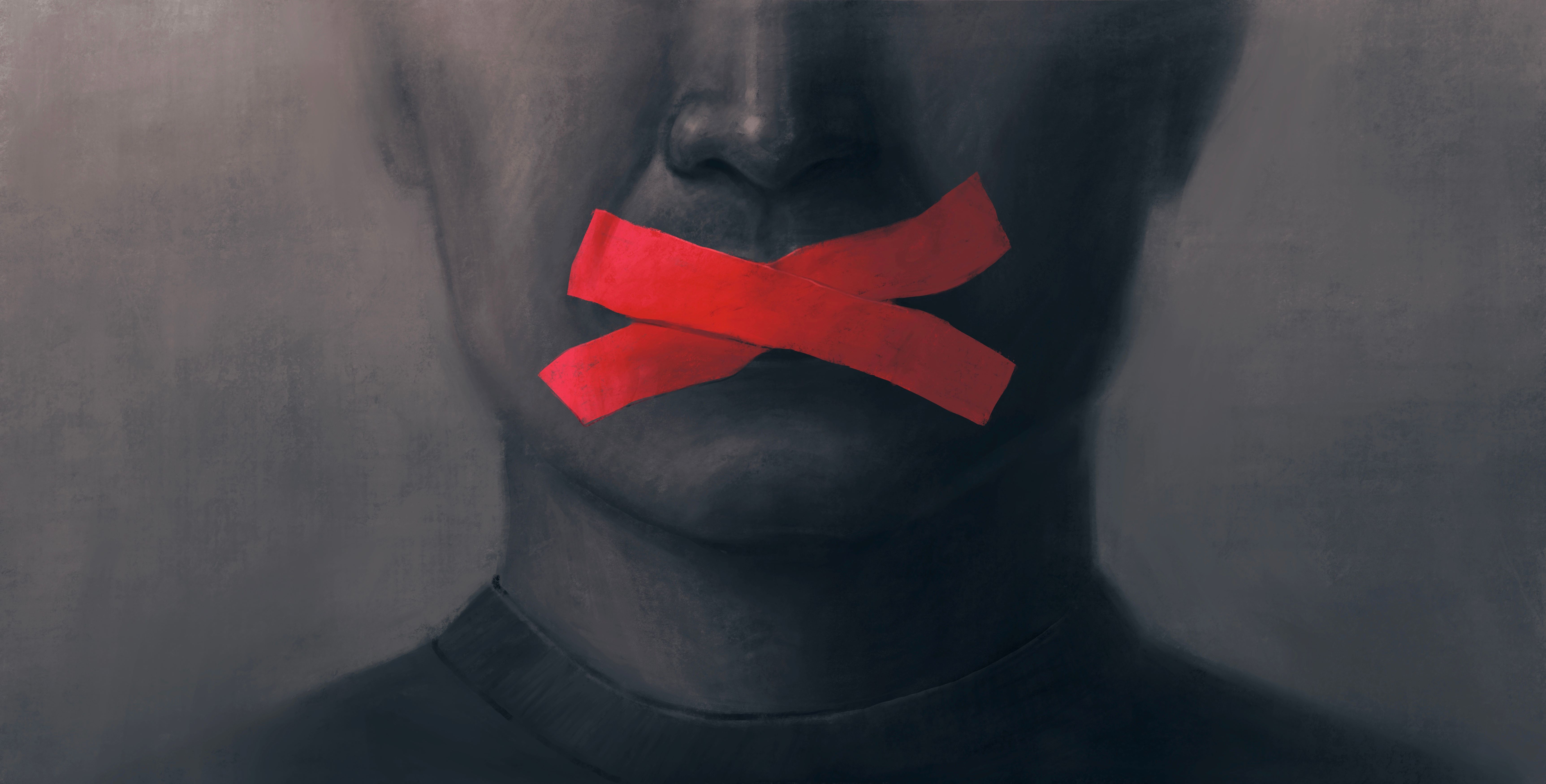أصدر معهد رويترز تقريره السنوي للإعلام الرقمي Digital News Report، الذي يبين مواقف الجمهور تجاه الأخبار وسلوكياتهم في استهلاكها والقوالب والمنصات التي يفضلونها لذلك. عينة البحث تشمل عدة دول في مختلف قارات العالم، مع استمرار غياب الدول العربية.
تاليا نستعرض أبرز نتائج هذا التقرير:
1- وجدت الدراسة أن 22% فقط من عينة المستجوبين قالوا إنهم يبدؤون بتصفح الأخبار عن طريق موقع إخباري أو تطبيق للأخبار، وهو تراجع بنسبة 10% عن عام 2018 حسب الدراسة، فيما يتوجه المستخدمون الأصغر سنا إلى استخدام وسائل التواصل الاجتماعي أو تطبيقات تجميع الأخبار كمصدر أولي لقراءة الأخبار.
2- في المنصات الشبابية مثل تيك توك وإنستغرام وسنابشات يهيمن المشاهير ومؤثرو منصات التواصل الاجتماعي كمصدر أساسي للأخبار بدلا من الصحفيين والمؤسسات الصحفية على عكس منصات مثل فيسبوك وتويتر؛ حيث يبقى الصحفيون والمؤسسات الصحفية هم المصدر الأول لتلقي الأخبار من قبل مستخدميها.
3- أصبحت منصة تيك توك هي الأسرع نموا لا سيما بين الشباب؛ إذ يستخدمها اليوم 44% من المستخدمين ضمن الفئة العمرية 18-24، 20% منهم من يستخدمها لتلقي الأخبار.
4- يجدر التنبيه إلى أن تراجع نسبة جمهور منصات الإعلام التقليدية مثل التلفزيون والصحافة المطبوعة لم يكن تماما بسبب انتقال كثير من الجمهور لمتابعة الأخبار رقميا، بل إن نسبة ممن خسرتهم الصحافة التقليدية قد قرر الابتعاد كليا عن متابعة الأخبار، إذ إن 48% فقط من الجمهور يقولون إنهم مهتمون بشدة بمتابعة الأخبار مقارنة بنسبة 63% عام 2017.
5– تتشكك غالبية الجمهور من طبيعة الخوارزميات التي تحدد لهم ما يظهر من نتائج عند قيامهم بالبحث عبر محركات البحث أو تصفح منصات التواصل الاجتماعي أو غيرها من المنصات، بينما يفضل 30% من الجمهور اختيار الخوارزميات للقصص الصحفية التي تُعرض لهم بناء على نوعية المحتويات التي قاموا بتصفحها سابقا ويرونها طريقة جيدة لتلقي الأخبار. في المقابل، فإن 27% فقط من الجمهور يفضلون اختيار الصحفيين للقصص الصحفية التي تُعرض لهم، في انخفاض بنسبة 3% عن عام 2016؛ ما يعني أنهم يفضلون تحيز الخوارزميات أكثر من تحيز الصحفيين.
6 - وفيما يتعلق بمشاركة الجمهور وتفاعله مع الأخبار، حدث انخفاض كبير في النسب؛ إذ تبين أن 22% فقط من الجمهور يشاركون بشكل نشط مع الأخبار (نشر الأخبار أو التعليق عليها)، 31% يتفاعلون عبر قراءة الأخبار ووضع الإعجابات أو إعادة نشرها، فيما لا يتفاعل 47% من الجمهور مع الاخبار مطلقا.
7- على الرغم من أن نسبة الاشتراكات المدفوعة لم تتغير عن العام الماضي، إلا أن الأزمة الاقتصادية وارتفاع كلف المعيشة وغيرها من التحديات الاقتصادية دفعت ما معدله 23% إلى إلغاء اشتراكهم في مؤسسة إعلامية واحدة على الأقل بينما خفّض 23% آخرون قيمة اشتراكهم.
8 -كما يُظهر التقرير أن غالبية مستخدمي المنصات الرقمية من عينة التقرير ما يزالون يفضلون قراءة الأخبار بدلا من مشاهدتها أو الاستماع إليها باعتبار أن القصة الصحفية المكتوبة تجعلهم قادرين على الوصول للمعلومات التي تهمهم بشكل أسرع.
9- وأخيرا، فإن البودكاست الإخباري مستمر في الانتشار بين فئات المتعلمين والشباب، لكنهم لا يزالون أقلية؛ فمن بين نسبة 34% من الجمهور الذي يستمع لبودكاست واحد على الأقل شهريا، فإن 12% فقط منهم يستمعون لبودكاست إخباري.
هذا وتعتبر برامج البودكاست الإخبارية المعمّقة هي الأكثر استهلاكا مع ظهور نمو في استهلاك بودكاست الفيديو.






